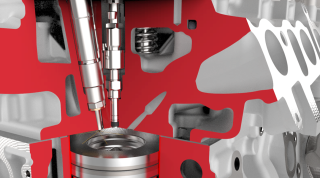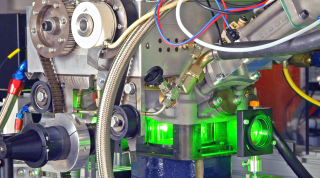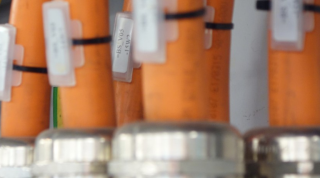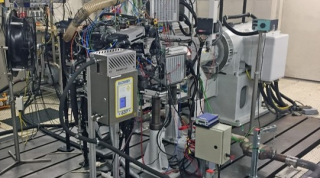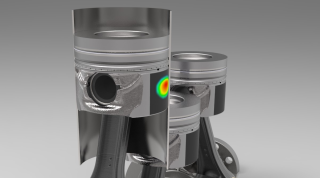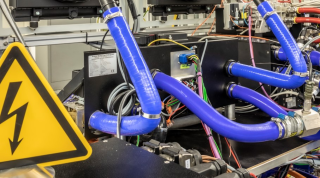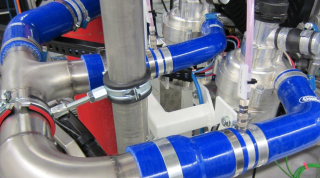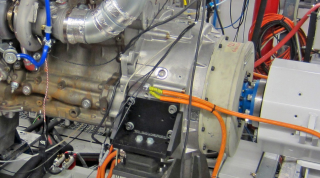Propulsion Systems
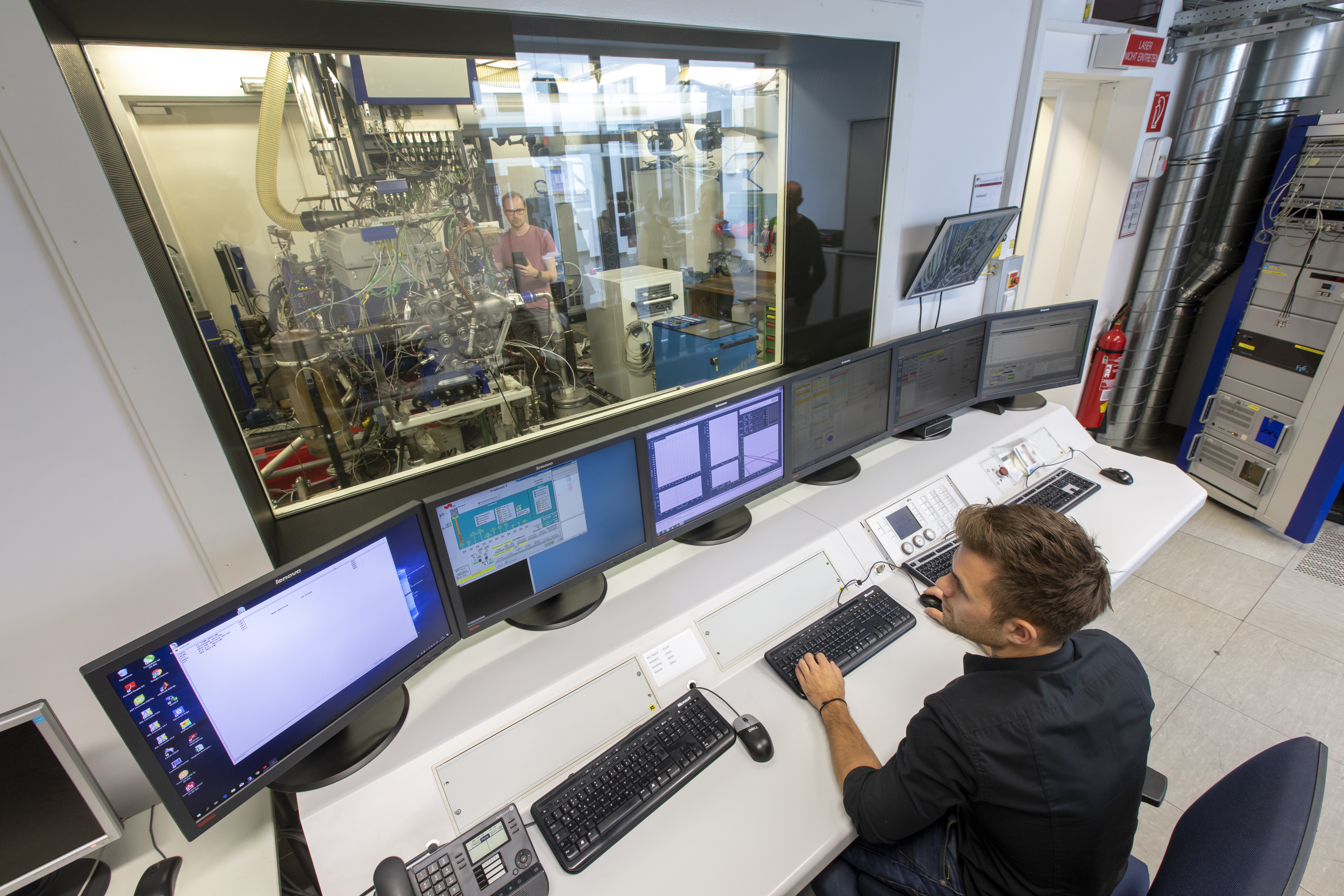
Research and development onfuture powertrians is driven mostly by legislation. The possible solutions range from optimisation of conventional gasoline and diesel engines, new combustion systems, electrification of powertrains to battery electric vehicles and fuel cell powertrains.
Die Vorgaben und Entwicklungsschwerpunkte für zukünftige Antriebssysteme werden vor allem durch gesetzliche Anforderungen zur Emissions- und Verbrauchsabsenkung geprägt. Die Ansätze zu deren Erfüllung reichen von der Optimierung bestehender Otto- und Dieselmotoren, neuen verbrennungsmotorischen Konzepten und Kraftstoffen sowie deren Elektrifizierung über Plug-In-Hybride bis zu batterieelektrischen und Brennstoffzellen-Antrieben.
Research projects on propulsion systems with Otto engines focus on a variety of approaches to increase efficiency; in diesel engine technology, the focus is on reducing particulate and NOx emissions through new combustion process and exhaust aftertreatment concepts. Another focus is the analysis and optimization of engine friction. This is handled independently of the working process, both by means of elaborate simulation and a specially developed experimental procedure.
Unconventional combustion processes such as dual fuel concepts (natural-gas-diesel, H2-diesel or gasoline-diesel) as well as those for alternative fuels form another focus. Natural gas and biogenic, gaseous and liquid fuels can play a significant role in the short term. A particularly interesting approach in the medium and long term is provided by so-called e-fuels, which are produced from regeneratively generated electrical energy via electrolysis and synthesis and whose properties can be "designed" and used backwards compatible.
Equipment
The equipment of the Propulsion System division includes, among others:
- 5 transient powertrain test beds with extensive measurement and safety equipment
- Battery Simulator
- Emission Measurement
- Numerous Simualtion Tools
Research
References

